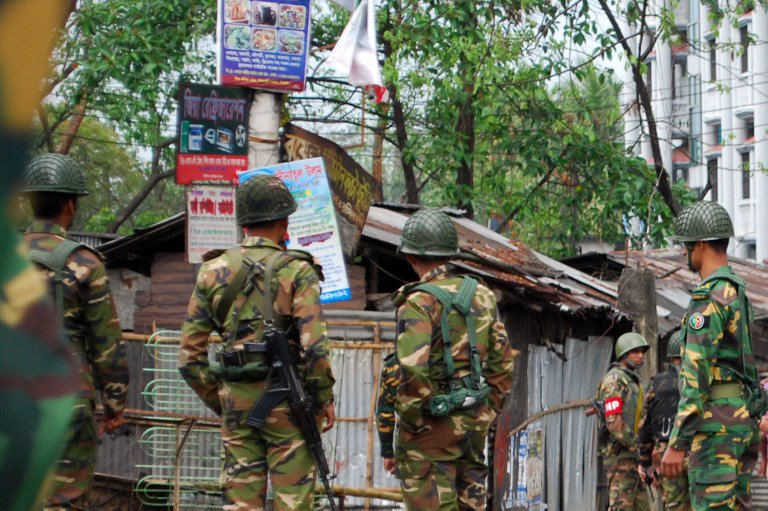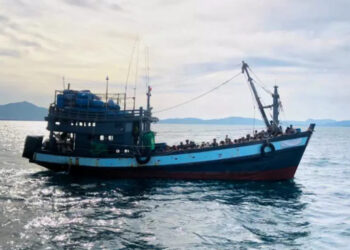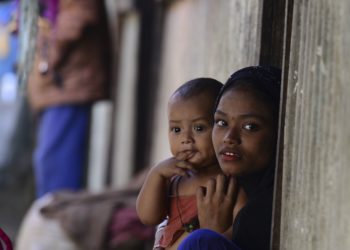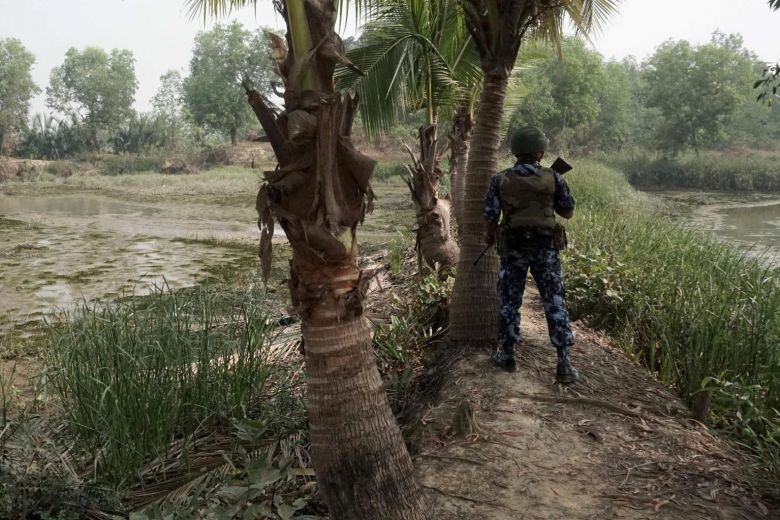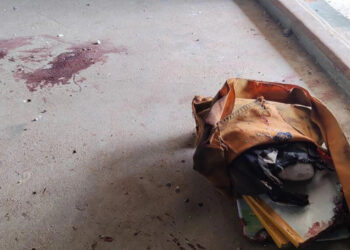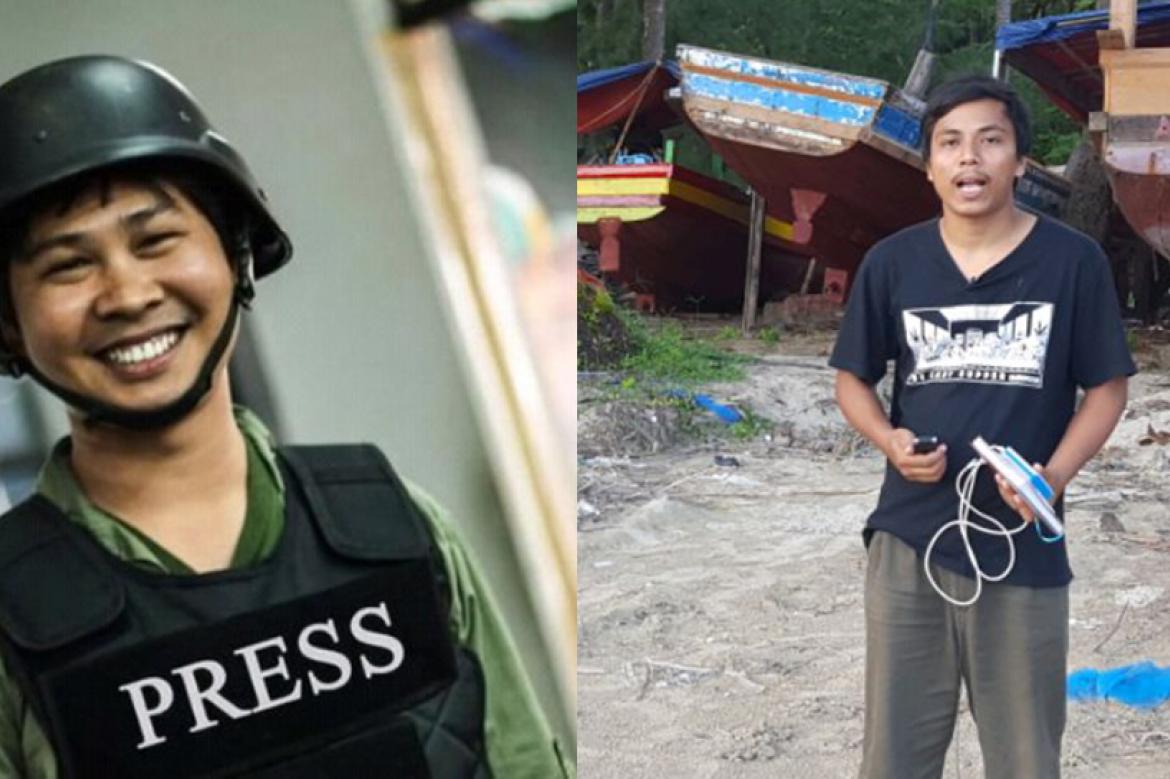The repatriation of hundreds of thousands of Rohingya Muslims who fled violence in Myanmar will not begin as planned, Bangladesh said Monday, with authorities admitting “a lot of preparation” was still needed.
Bangladesh had been due to start the huge process on January 23, after agreeing a two-year timeframe with Myanmar.
But Bangladesh’s Refugee Relief and Repatriation Commissioner Mohammad Abul Kalam announced Monday there was much more work to be done.
“We have not made the preparations required to send back people from tomorrow. A lot of preparation is still needed,” Mr. Kalam told AFP.
Since August last year around 688,000 Muslim Rohingya have escaped over the border into Bangladesh in the wake of a military-led campaign in Rakhine state that the U.N. says amounted to “ethnic cleansing.”
They poured into ill-equipped and overcrowded camps, bringing with them harrowing tales of rape, murder and torture at the hands of Myanmar’s feared army or Buddhist mobs.
After a global outcry, which included loud criticism of Myanmar’s civilian leader Aung San Suu Kyi, the two countries agreed earlier this month that the refugees would be returned to Myanmar in a process they said would take around two years.
Rights groups and the U.N. have said any repatriation must be voluntary. There are reports that many Rohingya settlements have been burned to the ground.
Bangladesh has sought to assure the international community that only those wishing to go back to their homelands in Rakhine would be sent back and that the process would involve the U.N.’s refugee agency.
But on Monday refugee chief Mr. Kalam said transit centres still needed to be built, and work remained to be done on the “rigorous process” of approving lists of those entitled — and willing — to return to Myanmar.
“Without completing this, we cannot send these people back all of a sudden. This work is ongoing,” he said.
He gave no revised start date but said two sites near the border had been identified for possible transit sites.
Bangladesh was “very keen” for the process to begin as soon as possible, he said, but added much work was outstanding on Myanmar’s side including housing reconstruction and safety arrangements.
“Neither side is ready for the real movement to begin now,” Mr. Kalam said.


